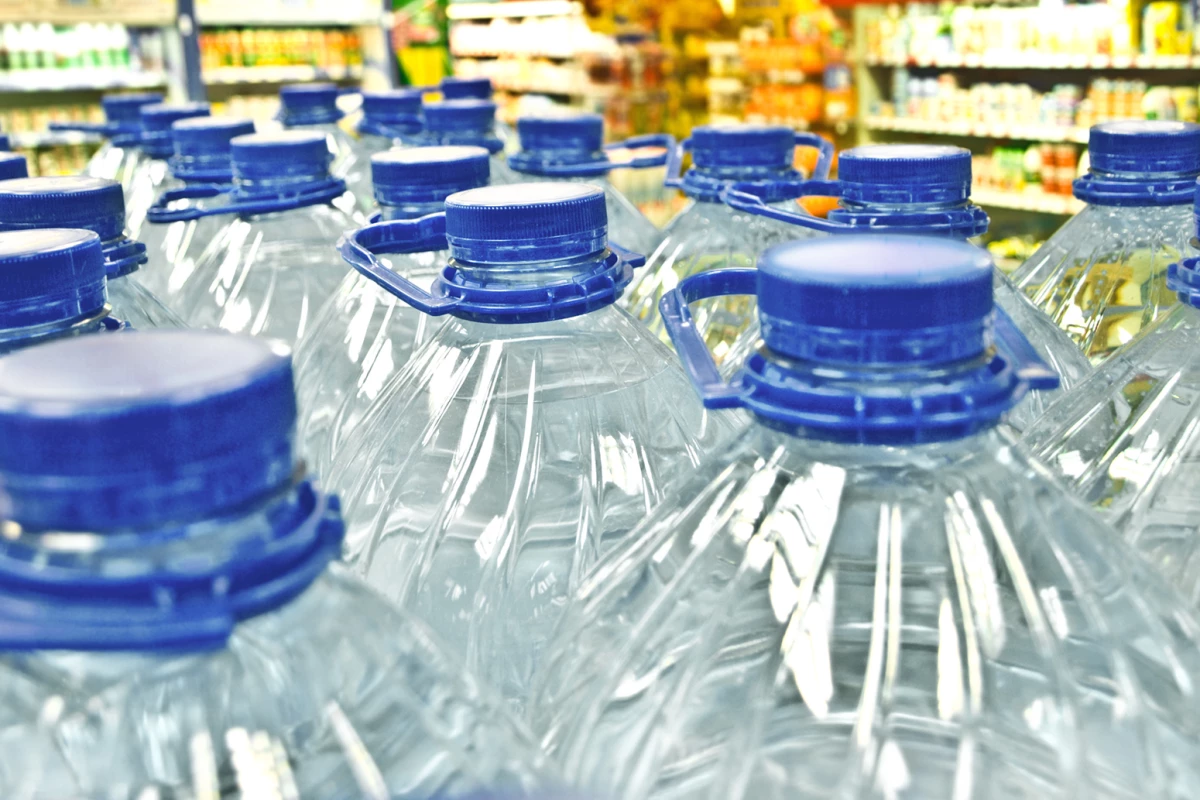Obesity rates around the world are on the rise, almost tripling since 1975. While the contribution of things like sugar is well-established, the trend is a complex one involving all manner of lifestyle factors. Scientists at the Norwegian University of Science and Technology (NTNU) have explored the possibility that chemicals in plastic could be helping drive this public health problem, by entering the human body and interfering with our metabolism.
A string of alarming studies in recent years have begun to demonstrate the ways plastics can enter the food chain and also make their way into the human body. This includes insects and fish inadvertently feeding on plastic waste and passing it along to marine predators, while studies have found microplastics in human stool samples from all around the world.
Further, research has started to shed light on the ways this might impact our health. This includes studies showing how microplastics can alter the shape of human lung cells and infiltrate the blood brain barrier in mice, and other studies linking plastic chemicals to high cholesterol, heart disease and damage to brain cells. Meanwhile, research has found as much as 93 percent of bottled water contains plastic particles.
Adding to this growing pool of knowledge around these effects on human physiology is a new analysis of the chemical components in everyday plastics, many of which can leach from plastics under real-world conditions. Scientists looked at 34 typical plastic products, such as yoghurt containers, kitchen sponges and drink bottles, and discovered more than 55,000 chemical components within them, 629 of which they managed to identify. Eleven of these products are already known to interfere with our metabolism, as so-called "metabolism disruptors."
Interestingly, through experiments on mice, the scientists found one third of the chemicals in these products caused the development and proliferation of fat cells, far more than the 11 already known to induce such effects. This indicates that there are other chemicals in plastics that have the capacity to reshape the way our body stores fat.
“It’s very likely that it is not the usual suspects, such as Bisphenol A (BPA), causing these metabolic disturbances," said Johannes Völker, first author of the study. "This means that plastic chemicals other than the ones we already know could be contributing to overweight and obesity."
The research was published in the journal Environmental Science & Technology.




